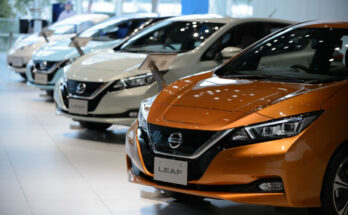After spending years opposing the electric vehicles (EVs) in favor of hybrids, major Japanese automakers are now stepping up efforts to accelerate the development of EVs, in a bid to catch up in the global market. There is a sense of crisis over a possible decline of the Japanese automobile industry if U.S., European, and Chinese automakers continue to dominate the EV market.
Not so long ago, Japan’s largest automaker Toyota and its then boss Akio Toyoda were very vocal against the EVs, calling them doubtful, spreading anti-EV propaganda in schools, showing displeasure against the Japanese government’s push towards EVs, saying its hybrids will help reduce emissions more than electric vehicles, asserting that consumer choice dictates the pace of electrification, lobbying to get its hybrid tech the same benefits as EVs, and threatening to leave markets where EVs were favored instead of hybrids, and even claiming that time will tell Toyota’s EV point of view was the correct one. But now under the leadership of new boss Koji Sato, Toyota has finally realized it cannot compete with EVs on a global scale with its obsolete hybrid tech, which it debuted with the Prius in the late 90s.
Related: Toyota Falling Off a Cliff
“We are firmly committed to making attractive EVs,” Toyota President Koji Sato said. Other Japanese automakers have now started to acknowledge the reality too, despite analysts warning them that Japan could lose 14% of its GDP and millions of jobs by stalling on EVs.
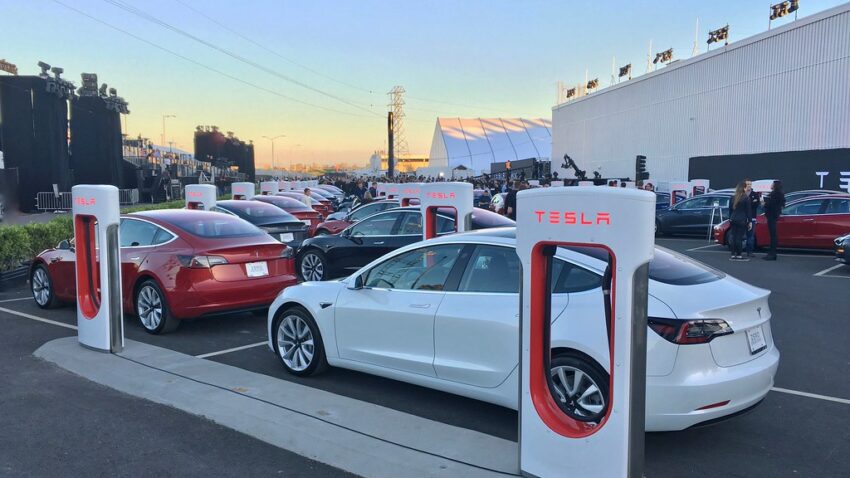
According to research firm Marklines Co., Tesla of the USA sells around 1,300,000 units of EVs annually, closely followed by BYD of China, and then by other European, and Chinese automakers. On the other hand, the Toyota group, which includes Daihatsu and Hino sold only 20,000 units.
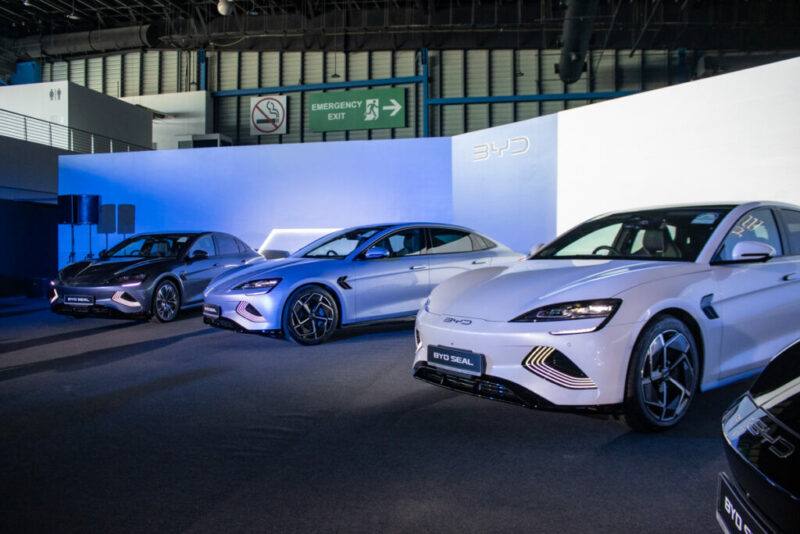
With a full-fledged EV era looming as the world transitions to a carbon-free society, Toyota faces the urgent task of boosting its competitiveness through technological innovation in electric vehicles & related domains. Other Japanese automakers are also rising to the challenge. Honda aims for all of its vehicles sold worldwide to be EVs and hydrogen-powered fuel cell vehicles by 2040. Subaru plans to offer eight EV models in the next five years and to start EV production in the United States.
Related: China Surpassed Japan to Become World’s Largest Vehicle Exporter in Q1, 2023
Nissan, which launched the world’s first mass-produced EV, the Leaf, in 2010, and then left it abandoned, will announce a new EV strategy this autumn. At a news conference in July, Nissan President Makoto Uchida said that his company will “strengthen the product lineup and enhance competitiveness.”
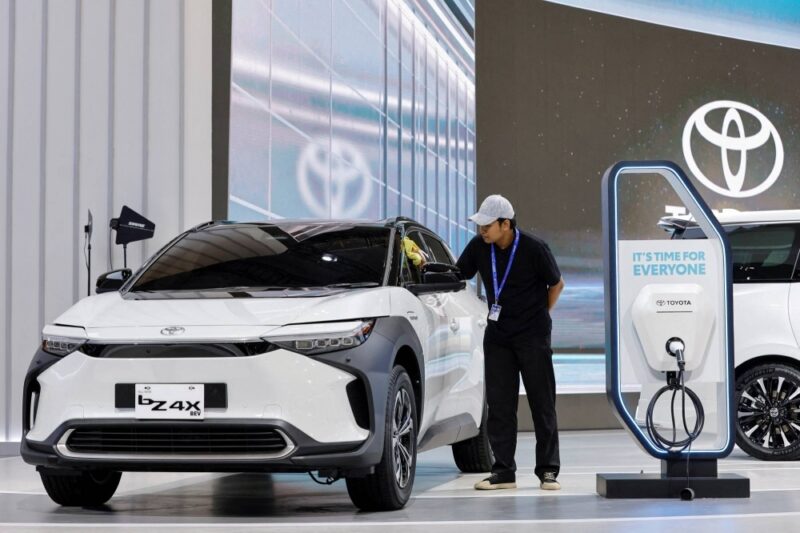
Nonetheless, tapping into the American and Chinese markets is seen to be very difficult for Japanese carmakers as they are too late to offer a variety of EVs with the market already getting crowded. While many European, American, and Chinese players have established quality brands and pure electric vehicles, the Japanese have none to compete. In fact, Toyota’s only mass-produced global EV product, the bZ4X is having a hard time penetrating key regions of the world, including its own domestic market.
Related: Toyota Struggles with Lack of Demand for bZ4X EV in Japan
But there are more problems for the Japanese. To qualify for tax breaks in the United States, automakers must procure batteries locally in addition to manufacturing vehicles in the country. On the other hand in China, there is intense competition for technologies such as autonomous driving and voice recognition, in addition to the race for electrification. According to a senior executive representing a major Japanese automaker:
“The speed of change is much faster than expected.”
“Japanese automakers can’t compete by focusing only on fuel efficiency and durability, said Takaki Nakanishi, chief analyst at Nakanishi Research Institute. “They need to promote not only electrification but also digitalization and software development, and improve the commercial value of vehicles.”
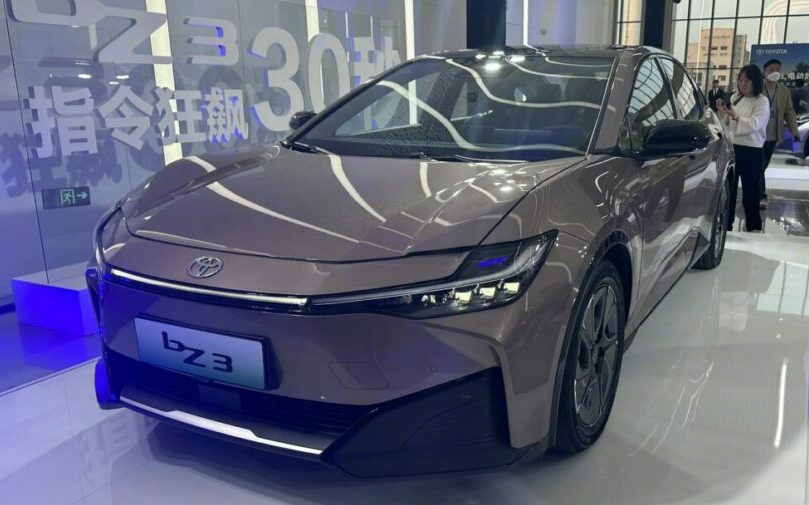
Technological innovation in areas such as batteries is seen as key to raising the brand value of Japanese EVs to the level of Japanese gasoline-powered cars. Japan is now looking to Canada and Australia for critical materials used in electric vehicle batteries as U.S. policy pushes companies to develop China-free supply chains. But Japanese automakers and battery companies face a stiff battle for resources, even with the government backing their efforts to diversify. South Korean rivals have already made inroads into Canada and Australia, while resource-rich countries like Indonesia and Chile have been moving to limit exports of raw minerals.
Related: BYD Wins Chile Lithium Extraction Contract for $61 Million
China controls a sizable percentage of the world’s refining capacity for EV materials. According to the International Energy Agency, China accounts for 65% of global processing, including refining, even though lithium ore and brine are mostly mined in Australia and Chile, respectively. Additionally, 17% of nickel and 74% of cobalt processing are done in China.
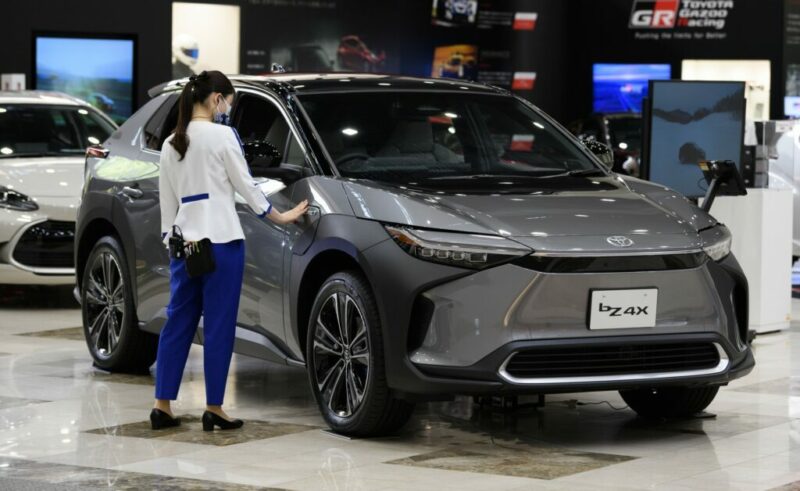
Takeshi Harada, director of the Metal Strategy Department at Japan Organization for Metals and Energy Security (JOGMEC), said China’s grip on the supply chain is not surprising. “The EV market enjoyed significant growth, especially in China, so it is natural for processing companies to gather there, as it is near consumption channels,” he added.
Related: Japanese Automakers Face Major Sales Crisis in China
And then there is competition from South Korea, home to the biggest battery industry outside of China. The country has been quicker than Japan to establish a presence in the Canadian and Australian mineral industries. South Korean automakers notably Hyundai and Kia embraced electric cars way sooner than Japanese and have produced EVs that have already made their name in global markets.
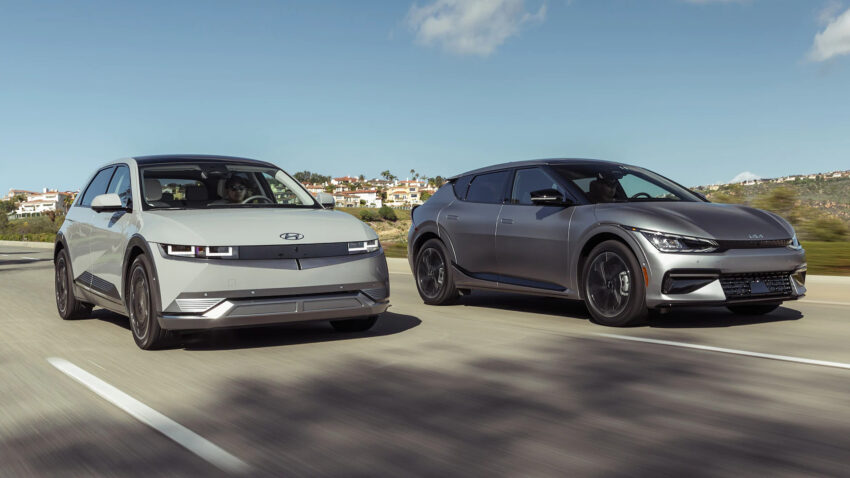
Japanese automakers will have to work really hard to make themselves relevant in the EV race. Plus Japan will have to take serious steps to transition its auto industry from making conventional gasoline vehicles to making EVs. From sourcing minerals to making efficient batteries, from producing motors to making reliable and long-range electric vehicles, from making software to developing connected car technologies, the road is not going to be easy.
Related: Toyota Says Consumer Choice Dictates Pace of Electrification
Furthermore, Japan does have quite a conservative business culture – so change comes slowly, particularly if that change is being suggested by outside sources. From the looks of it, Japanese auto manufacturers and their government will need to put in serious efforts to catch up with EVs, or else Japanese cars will only be dominant in third-world markets where outdated can be marketed as “cutting-edge.”

A computer animation professional with over 23 years of industry experience having served in leading organizations, TV channels & production facilities in Pakistan. An avid car enthusiast and petrolhead with an affection to deliver quality content to help shape opinions. Formerly written for PakWheels as well as major publications including Dawn. Founder of CarSpiritPK.com



